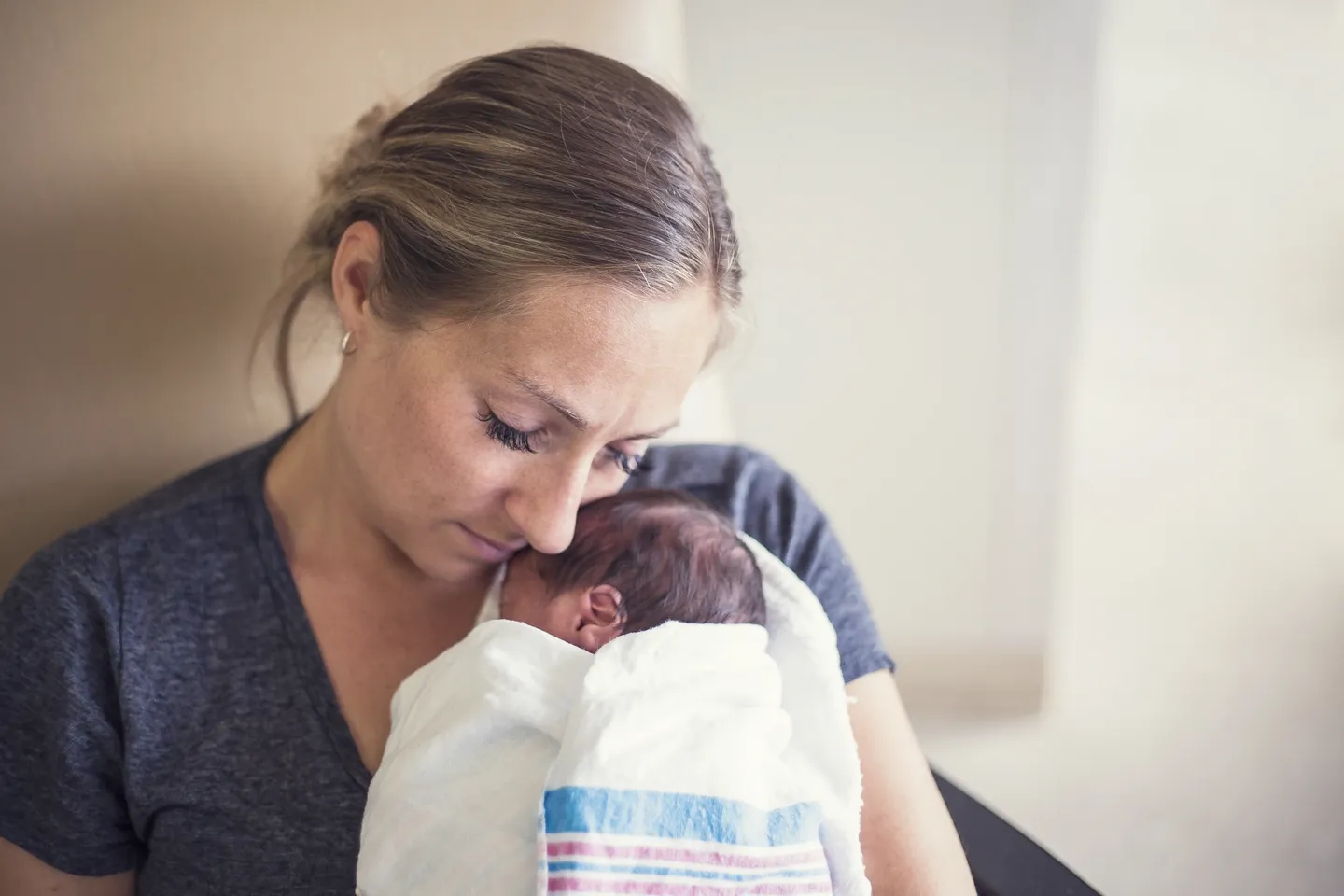PROJECT PROTECT
PRETERM RESPIRATORY OXYGEN TOXICITY AND OPTIMIZED
ENVIRONMENTAL CARE AND TREATMENT/THERAPIES
PROJECT PROTECT
PRETERM RESPIRATORY OXYGEN TOXICITY AND OPTIMIZED ENVIRONMENTAL CARE AND TREATMENT/THERAPIES
PROJECT PROTECT
PRETERM RESPIRATORY OXYGEN TOXICITY AND OPTIMIZED ENVIRONMENTAL CARE AND TREATMENT/THERAPIES
In Project PROTECT, we use cutting-edge imaging to pick up early signs if brain development veers off track. We will examine how neurodevelopment is linked to optimal neonatal intensive care unit (NICU) care for infants born extremely premature, as well keep track of these babies to see how they fare years after NICU discharge. About 1 in 10 U.S. infants is born preterm, and an estimated 63,000 infants per year are born weighing less than 1,500 grams – some small enough to fit inside their parent’s palm. Prematurity is strongly associated with neuropsychological disability, but the first signs of brain injuries can be subtle and silent. We hope our findings guide future NICU interventions to lessen disabilities among the most vulnerable newborns.
Contact us to join Project PROTECT

We hope that the findings from Project PROTECT guide future NICU interventions to lessen disabilities experienced by the tiniest, most vulnerable newborns
Purpose
Project PROTECT (Preterm Respiratory Oxygen Toxicity and Optimized Environmental Care and Treatment/Therapies) aims to help the smallest, sickest infants who are at the highest risk for developing brain injury. More than 50% of newborns who survive preterm birth have cognitive deficits. That’s three times the rate of infants who are born full term. Our study team will use sophisticated, advanced imaging and one of the world’s largest databases of fetal and neonatal brain images from uncomplicated pregnancies to identify potent risk factors for brain injury. These risk factors can include how sick the newborns are, how long they rely on supplemental oxygen as well as the degree of anxiety, stress and depression their mothers feel during pregnancy. Project PROTECT has the potential to revolutionize how we care for tiny, vulnerable newborns
What should I expect?
Meet the team
Associate Chief of Medical and Academic Affairs
Attending Neonatologist
Director of the Zickler Family Prenatal Pediatrics Institute
Clinical Research Coordinator
MRI Research Manager
DBI Director & Chief
Perinatal Psychology Fellow
Clinical Research Coordinator
Attending Neonatologist